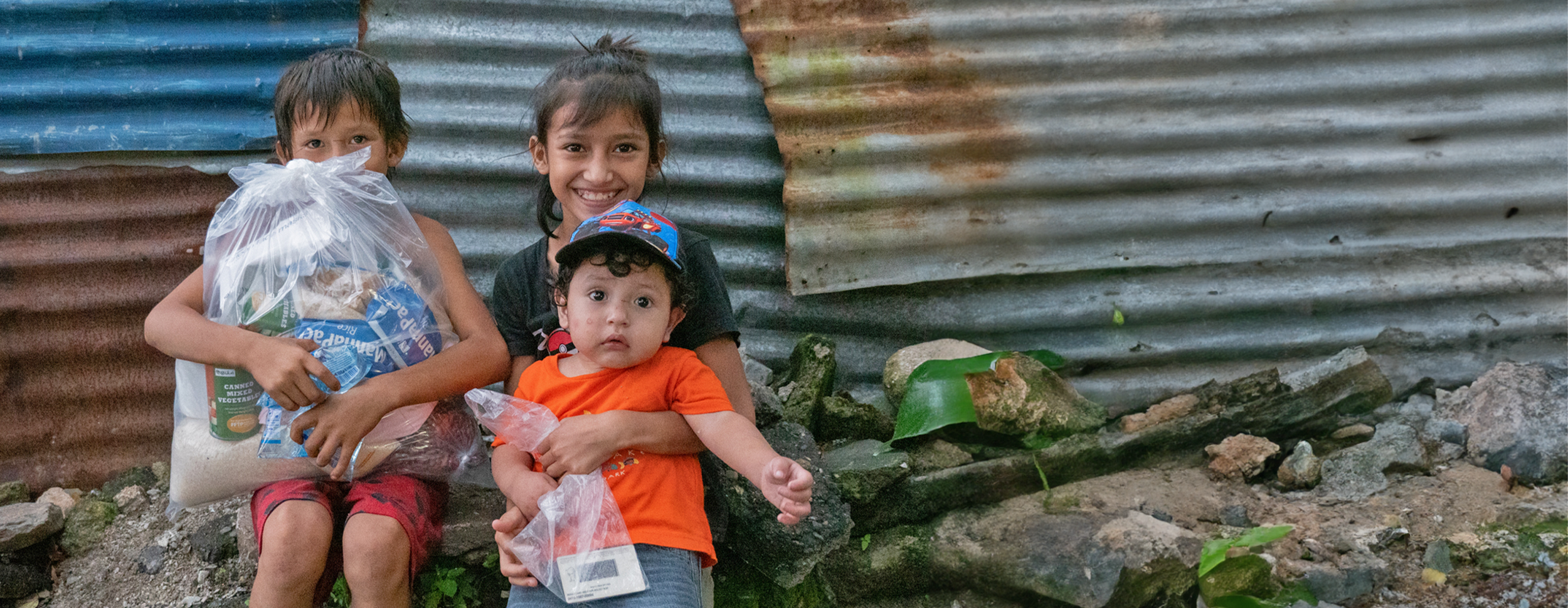Summary
Latin America and the Caribbean face a "double burden" of malnutrition, where undernutrition and micronutrient deficiencies persist alongside a growing epidemic of overweight and obesity. While countries in the region have made progress in reducing undernutrition, significant data gaps and outdated information hinder effective policy-making, especially regarding the nutritional status of children, women of reproductive age, and micronutrient deficiencies. Most nations have policies and legal frameworks to address undernutrition, but comprehensive, multisectoral strategies to tackle obesity are lacking or insufficiently implemented.Conditional cash transfer programs in Brazil, Mexico, and Colombia have shown positive impacts on child nutrition and health, serving as models for integrated, intersectoral approaches. However, challenges remain, including weak monitoring and evaluation systems, insufficient integration of nutrition goals into broader development policies, and limited information on resources and program effectiveness. Opportunities exist to scale up and coordinate nutrition actions, improve data collection and surveillance, and strengthen intersectoral policies to address both undernutrition and obesity. The article concludes that robust surveillance systems, strengthened policy coordination, and systematic monitoring and evaluation are essential for effectively addressing the evolving landscape of malnutrition in the region and ensuring sustainable improvements in public health.
Authors
Luis Galicia, Daniel López de Romaña, Kimberly B. Harding, Luz María De-Regil, and Rubén Grajeda
Publisher
Published by the Pan American Journal of Public Health (Revista Panamericana de Salud Pública, RPSP/PAJPH), which is the flagship scientific and technical periodical of the Pan American Health Organization (PAHO), headquartered in Washington, D.C., United States
Source
Takeaway
Here are the key points summarizing the article:
- Latin America and the Caribbean face a "double burden" of malnutrition, with undernutrition and micronutrient deficiencies persisting alongside rising rates of overweight and obesity.
- Significant gaps exist in nutrition data and surveillance, with many countries lacking recent, nationally representative information on key indicators, especially for children and women of reproductive age.
- While most countries have policies addressing undernutrition and micronutrient deficiencies, comprehensive and intersectoral strategies to tackle obesity are insufficient or not fully implemented.
- Conditional cash transfer programs in Brazil, Mexico, and Colombia have demonstrated positive impacts on child nutrition and health, highlighting the value of integrated, multisectoral approaches.
- Strengthening nutrition surveillance, systematic monitoring and evaluation, and policy coordination are essential for effectively addressing the evolving challenges of malnutrition in the region.



